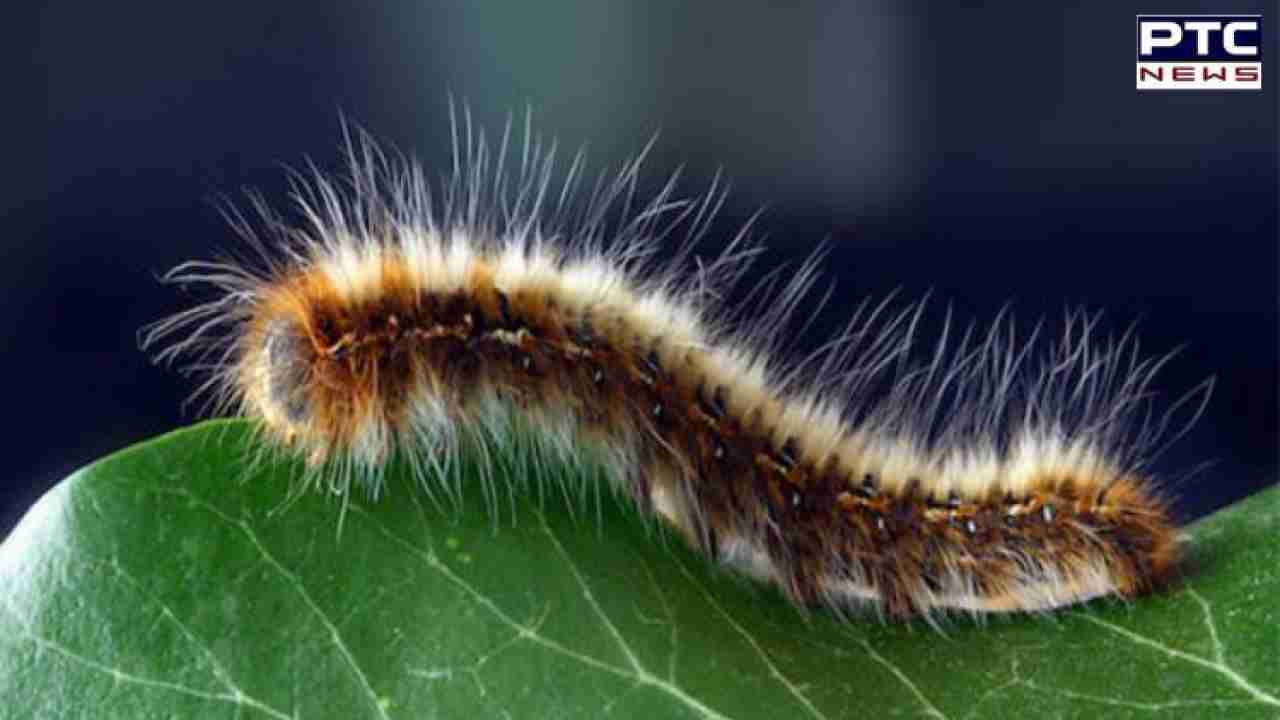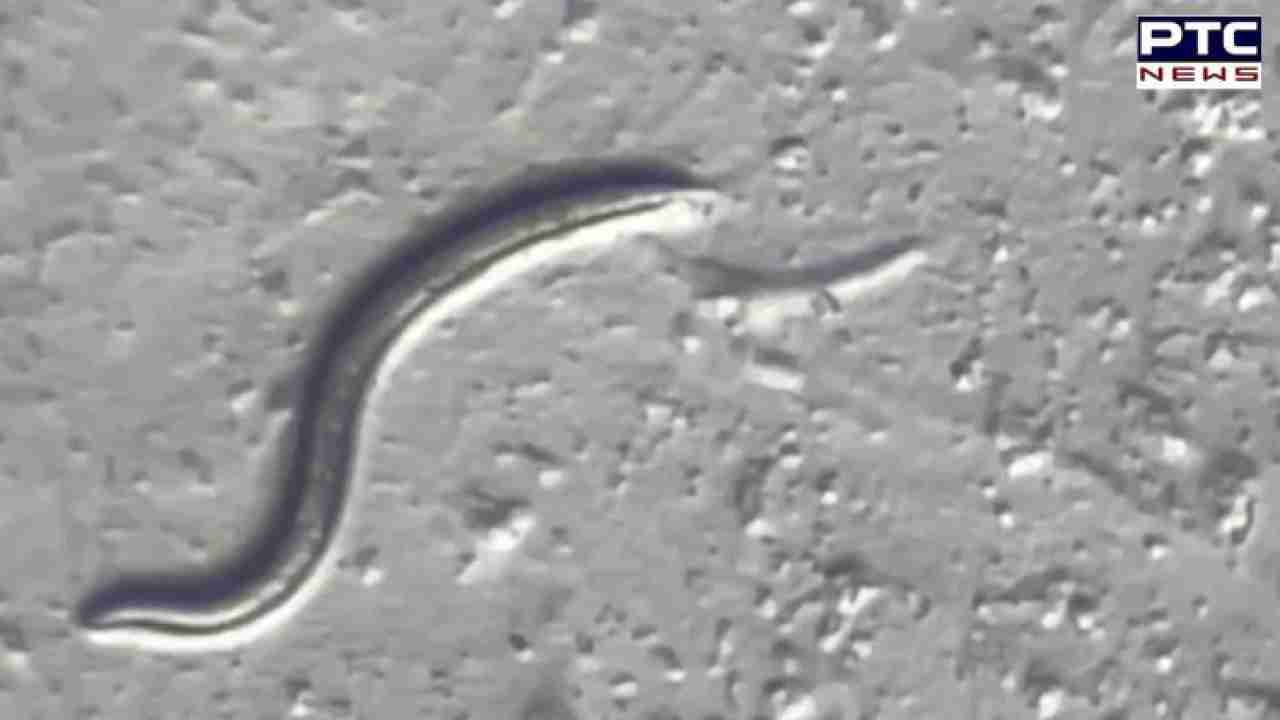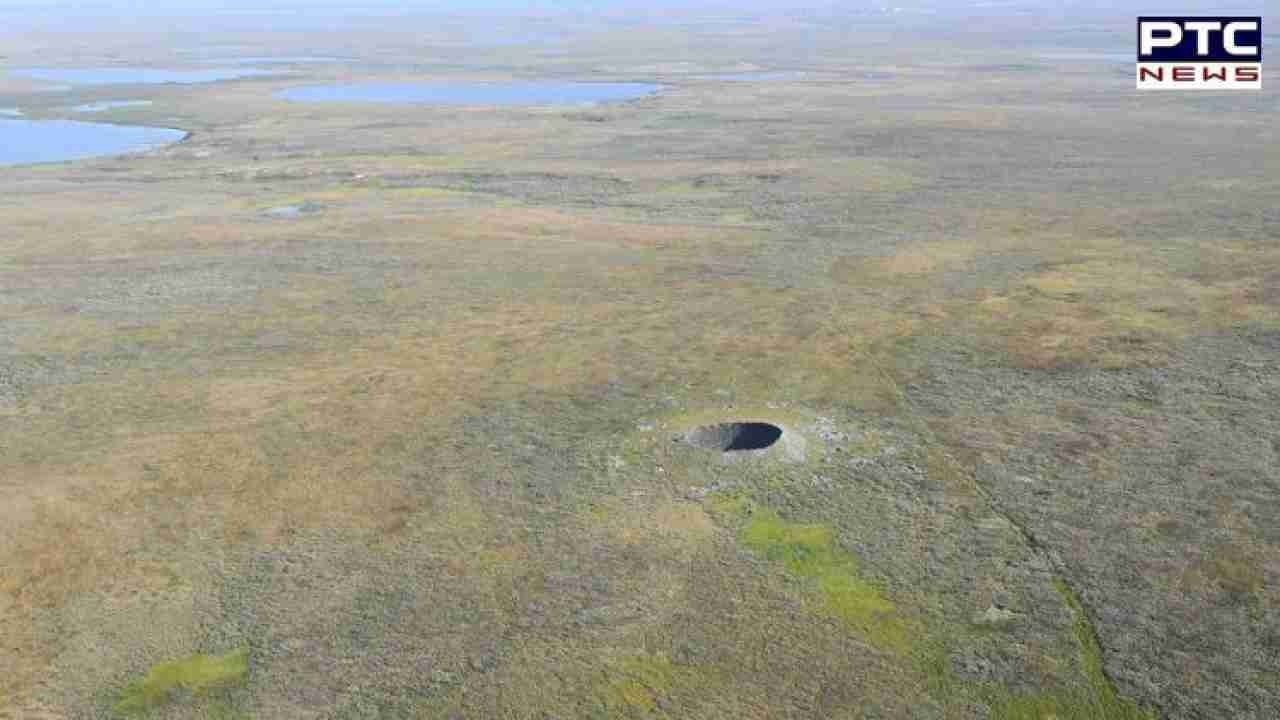

Shocking! Scientists revive roundworm frozen 46,000 years ago in Siberian permafrost
Shocking state between death and life: In a shocking and major finding scientists revived a roundworm that was frozen 46,000 years ago.
The roundworm, of a previously unknown species, survived 40 meters (131.2 feet) below the surface in the Siberian permafrost in a dormant state known as cryptobiosis.
Scientists explained that the organisms in a cryptobiotic state can endure the complete absence of water or oxygen and withstand high temperatures, as well as freezing or extremely salty conditions. They remain in a state “between death and life,” in which their metabolic rates decrease to an undetectable level.
He said, “One can halt life and then start it from the beginning. This major finding." He added that organisms previously revived from this state had survived for decades rather than millennia.

Meanwhile, five years ago, scientists also found two roundworm species in the Siberian permafrost.
One of the researchers revived two of the worms at the institute by simply rehydrating them with water, before taking around 100 worms to labs in Germany for further analysis.
The scientists after thawing the worms, used radiocarbon analysis of the plant material in the sample to establish that the deposits had not been thawed since between 45,839 and 47,769 years ago.
Eventually, genetic analysis conducted by scientists in Dresden and Cologne showed that these worms belonged to a novel species, which researchers named Panagrolaimus kolymaenis.
Researchers also found that the P. kolymaenis shared with C. elegans — another organism often used in scientific studies — “a molecular toolkit” that could allow it to survive cryptobiosis. Both organisms produce a sugar called trehalose, possibly enabling them to endure freezing and dehydration.

Also Read: Manipur violence: 21 members of oppn on two-day visit to violence-hit state
“By looking at and analyzing these animals, we can maybe inform conservation biology, or maybe even develop efforts to protect other species, or at least learn what to do to protect them in these extreme conditions that we have now,” scientists claimed.
- With inputs from agencies
